For intended parents and donors alike, the world of egg donation can seem overwhelming and confusing. It’s hard to know where to start or what to do next if you’re not familiar with the process.
The egg donation process is actually pretty straightforward once you understand it. So let’s help you get on the right track by breaking it down for you.
Step 1: Application and Intake
The first step is to apply. If you’re the intended parents, you’ll want to register to gain access to our donor database. Once you are registered, you can begin looking for the egg donor that’s right for your family.
For egg donors, you must apply online. The application will ask basic questions about yourself, including hobbies, interests, education, and a brief medical history.
Once this application has been submitted, we will review it on our end. If we feel you would make a suitable egg donor, we will contact you and go from there.
At Elevate, we’re very particular when it comes to egg donor screenings. Some of the non-negotiable requirements for egg donors include being:
Between 20 and 30 years old
Physically and emotionally healthy
Someone with a regular menstrual cycle
Someone with no history of drug use
Someone able to commit to the process
Step 2: Making a Match
Now comes the fun part: making a match. Once the intended parents have registered and the egg donor is added to our database, we work on finding the right combination for every case.
For intended parents, we recommend sitting down and deciding what the most important traits they want in an egg donor are. Some want a donor from a particular heritage, while other parents prefer to focus on their talents and education.
No matter what’s on the list, intended parents need to remember that no woman is perfect, and many egg donors are willing and ready to help them.
During this time, the egg donors just need to be patient — and wait. There’s no telling how long it will be until a match is made. Just be assured than when we have a match, it was only after long and careful consideration.
Step 3: Medical Screening
Once a match is made, the screening process for the egg donor will begin.
This typically includes meeting with a doctor to consult about medications and the menstrual cycle. There will also be bloodwork and genetic testing done during this time.
This process usually takes about four weeks — depending on the number of appointments needed and how quickly lab work can be done.
During this time, all parties will also review legal contracts and compensation packages. The relationship between the intended parents and the egg donor will also be finalized.
Step 4: Medication Cycle
Once legal documents are signed and the medical screening is complete, the donor will start her medication cycle. That begins with her next period and will last about 21 days.
During this time, the donor must take all the required medications and attend all of the monitoring appointments for labs and ultrasounds. The donor must be observed during this time to make sure her body is responding well to the treatment.
Once it’s been determined that the donor is ready, she will receive a final injection 36 hours before the egg retrieval.
Step 5: Egg Retrieval
This is the big day everyone has been waiting for. This is the day when the actual eggs are retrieved.
At the fertility clinic, the egg donor will be placed under a light anesthetic. Using an ultrasound probe, a small needle will be guided through the vagina to retrieve the eggs. This process takes about 30 minutes.
After the retrieval, the egg donor will be required to rest for the remainder of the day. She will be able to resume regular activity within a day or two.
Long-distance donors will need to travel to one of our trusted clinics to have this procedure done. All travel costs for donors will be covered.
How Long Will the Egg Donation Process Take?
Many intended parents and egg donors want to know precisely how long this process will take so they can start to plan accordingly.
Honestly, it’s difficult to say. There’s no set time limit when it comes to the egg donation process. Every step has different issues that could affect how long it takes. It could be months before we find the perfect match, or maybe the donor doesn’t respond well to the medications, so she may need to do another cycle.
We understand the need people have to plan, so we usually say 3 to 4 months. But there are just too many unknown factors during the egg donation process to give a definite answer.
We’re Here to Guide You through Egg Donation
Now that you know the basics of the egg donation process, what are you waiting for? And don’t worry, we’re here to guide you every step of the way.
But we do know that the best way to find a donor is through a reputable donor agency. To learn more, contact the Elevate Egg Donors and Surrogates.

